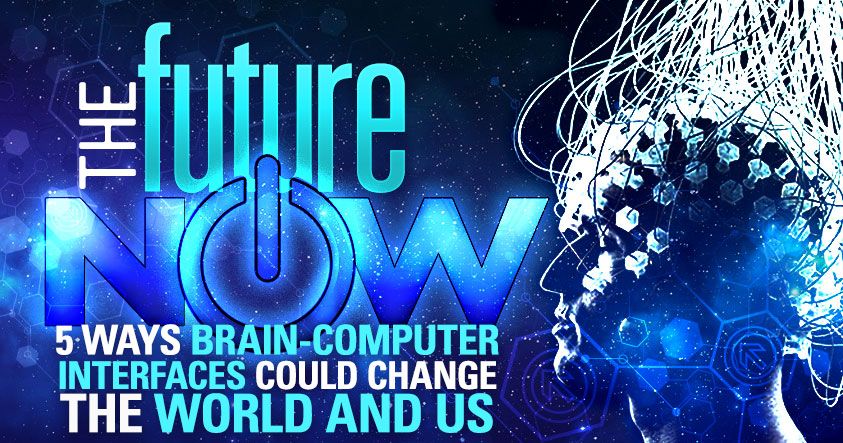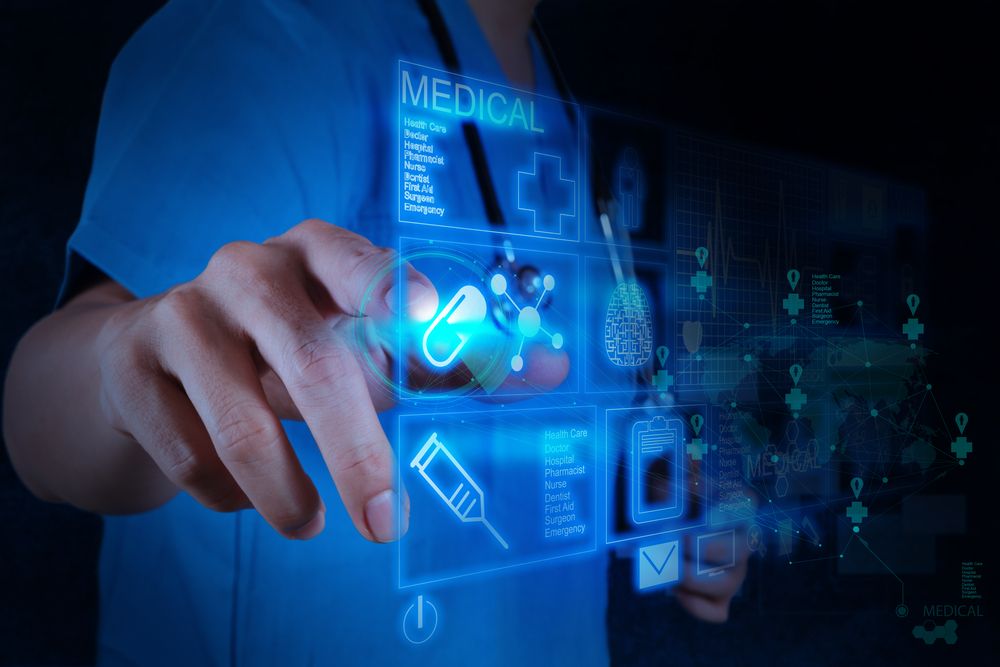The artificial intelligence company has also built its own app called Streams.



What happens when a patient is in X-Ray and the X-Ray machine blows up like a bomb killing the patient and staff in the room? Well, a new report shows that it can happen where machines are connected to any network (including the net) because a team of hackers showed in their report how they were they hacked several D.C. and Maryland Hospitals medical devices and numerous machines including life support, X-Rays, etc.
Area hospitals are riddled with cybersecurity flaws that could allow attackers to hack into medical devices and kill patients, a team of Baltimore-based researchers has concluded after a two-year investigation.
Hackers at Independent Security Evaluators say they broke into one hospital’s systems remotely to take control of several patient monitors, which would let an attacker disable alarms or display false information.
The team says it strolled into one hospital’s lobby and used an easily accessible kiosk to commandeer computer systems that track medicine delivery and bloodwork requests — more opportunities for malicious hackers to create mayhem.




Nice — Liquid biopsies, AI therapy, silico trials, precision surgery.
Negotiations and collaborations are launching now to decide which research trends and areas deserve the most support. Only disruptive innovations will be able to transform the status quo in cancer, leading patients to get more personalized and faster cancer care, while letting physicians do their job more effectively. Here are the technologies and trends that could help achieve the cancer moonshot.
Prevention and diagnosis
Cancer diagnosis must be early and accurate. Many cancer types cannot be detected early enough at the moment, while others are detected in time, but treated too severely. This notion requires not only great healthcare facilities and new diagnosis technologies, but also the proactivity of patients.

Law Firms are prime targets for hackers.
Law firms are considered by many hackers to be soft targets with a wealth of valuable information. Data from social security numbers, credit cards, and client confidences is enough to make the criminal mind salivate with malicious intent. Between 31–45% and 10–20% of firms have been infected by spyware or experienced security breaches respectively. But what can a private practitioner or law firm do to prevent these trespasses on their networks?
In this episode of The Florida Bar Podcast, host Adriana Linares welcomes cyber security expert Sherri Davidoff to discuss the dangers to data that exist for law firms today. To begin their dialog, they define what ransomware is and tell us why so many firms give in to its extortion.
Tune in to learn what practitioners can do to counteract or mitigate some of the risks. Spam filters, employee training, role-based access controls, and anti-virus software are among many countermeasures available for even small firms. In addition, lawyers may want to consider network monitoring, cloud-based software platforms, and comprehensive backup and retrieval systems. The key to successfully implementing the latter is to test your IT firm’s ability to restore lost files.

I must admit that appears that almost anything in tech is being called out as a threat. FB, Twitter, Smartphones, CRISPR, AI, etc. Tech advancements do bring greater freedoms & opportunities to express one’s ideas and beliefs as well as enable a greater access to people, information, and geographical locations; however, and that does pose some level of risk in small pockets of the greater poulation. Nonetheless, I hope that the government spying pendullum swing doesn’t go overboard.
Who tweets at you, what you tweet back, and why can predict your next protest act on social media.


I still see AI as a supportive solution to handle more standardized operations still requiring oversight by people. As long as hacking exist the level of allowing systems to own and manage processes without people oversight is not going to happen until hacking is resolved.
It is predicted that the use of AI in health care will grow tenfold in the next five years, and not all of the medical applications will be for doctors. The technology is accelerating drug discovery, increasing compliance and even tracking changes in markers of ‘youthfulness,’ empowering people to better manage their own health.